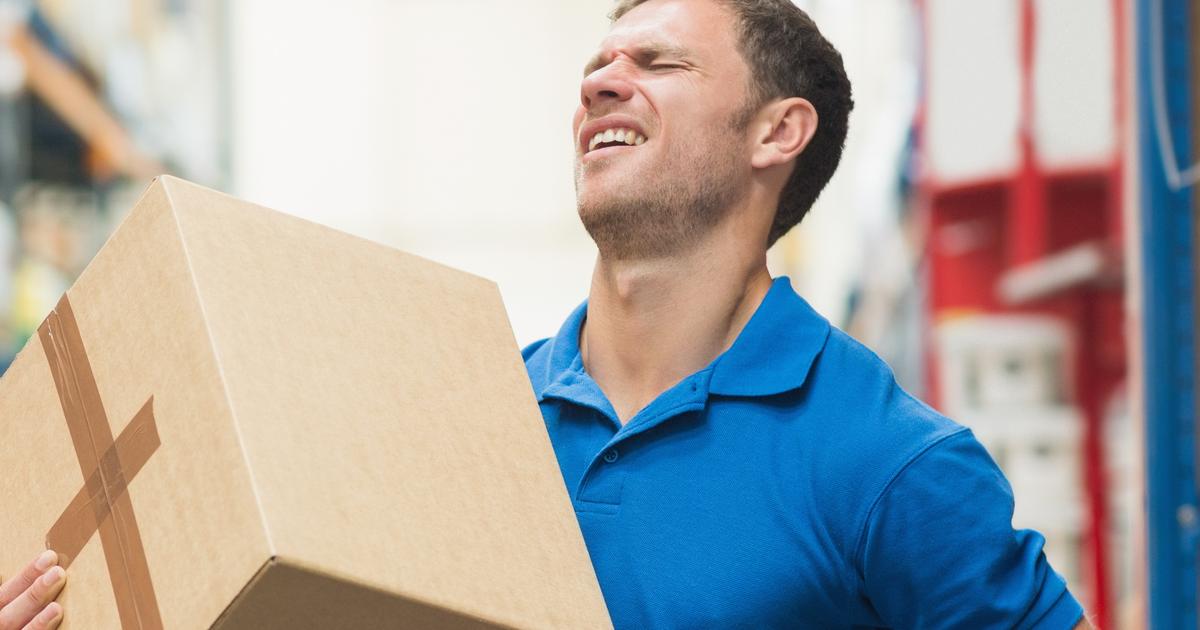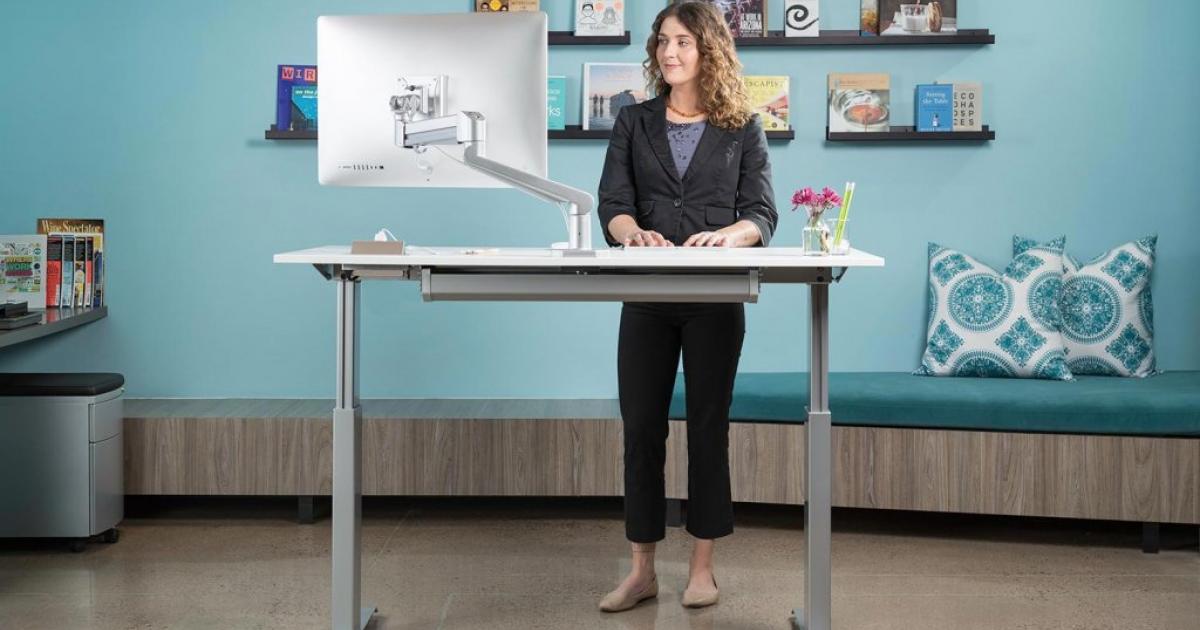The Most Common Causes Of Hemorrhoids
Straining When Lifting Something Heavy

Hemorrhoids can form when an individual is straining when lifting something heavy. This strain can be from engaging in the sport of weightlifting, or when moving large, cumbersome, and heavy objects such as furniture or appliances. Hemorrhoids occur most often when the individual is not practicing proper breathing techniques in the process of excessive pressure exertion on their abdominal muscles, pelvic muscles, and perianal muscles. The simultaneous contraction of all of these muscles at once places significant force on structures inside of the individual's lower pelvic region. This strain can cause insufficiency in the function of the valves contained within the veins responsible for returning poorly oxygenated blood to the heart. Blood begins to accumulate and pool up in these vessels that line the hemorrhoid pockets, initiating an inflammatory response by the immune system. This response causes further swelling and pain in the affected area due to the mechanism of inflammatory blood vessel dilation. The swollen vessels in the hemorrhoids enlarge from the swelling and may distend out of the anus.
Keep reading for more details on what can cause hemorrhoids now.
Standing For Long Periods

An individual may develop hemorrhoids from a frequent habit of standing for long periods. Most often, this cause is attributed to occupational factors that result in the individual standing for long work shifts. Those who sit or stand in the same position for extended durations typically have a higher anal resting pressure than those who do not. This means the hemorrhoid pockets and connective tissue surrounding them are generally under more pressure constantly as an adaptation to the individual's standing stationary for hours on end. Over time, this elevated anal resting pressure can cause the connective tissues that function to secure and hold the hemorrhoids into their respective places to progressively weaken. When these connective tissues are too weak, the veins in the hemorrhoid pockets develop insufficiency in their function of blood return to the heart. Blood pools up in the hemorrhoids, causing them to become engorged. The individual's immune system responds and further exacerbates the swelling because of its inflammatory cellular repair processes that include blood vessel dilation. The hemorrhoids then protrude into the anus and result in unpleasant and painful symptoms.
Learn more about what can result in hemorrhoids now.
